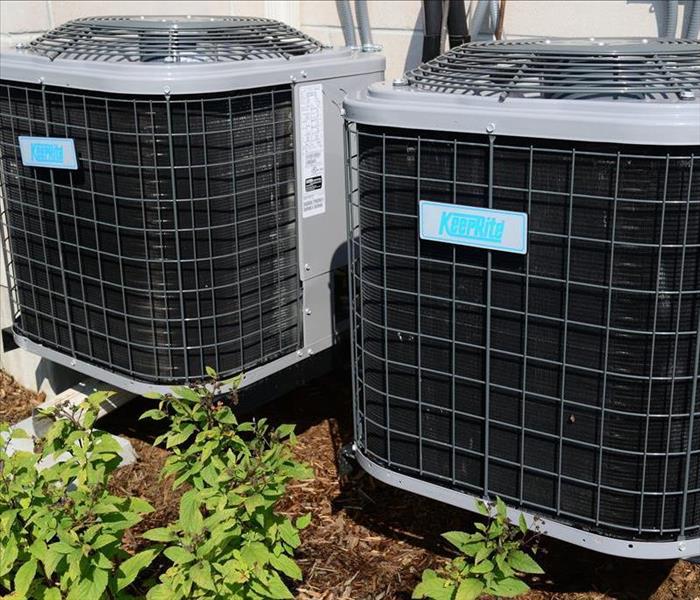Protect Your Business from Costly Flood Damage
2/26/2020 (Permalink)
Flooding happens often, and unless you have seen or experienced a flood you really have no idea what to expect. It is best to be prepared and understand ways to prevent costly damages with flooding at your business. Some questions come to mind, how to best be prepared and what to do in case a flood does happen?
Common practices to prevent costly flood damage
Know your flood zone. You can look up your local flood zones at FEMA’s Flood Map Service Center or you may contact your city or county to learn where flood zones are in your local region.
- Learn the base flood elevation (BFE) for the location of your business to find out whether the elevation of your building’s lowest floor is above or below the BFE.
- Use dry floodproofing techniques. If your building is near a flood zone there are dry floodproofing techniques, you may follow to make sure your building has minimal damage in case of a flood.
- Ensure your company has flood insurance. Even if you are not in or near a high-risk flood area, flood insurance comes in handy and can be purchased through your private insurance company or through the federal National Flood Insurance Program (NFIP). Keep electrical components high and off the ground.
- Raise and/or floodproof your HVAC systems. Raising HVAC equipment will prevent costly damages.
- Ensure downspouts and slopes direct water away from your building and not toward the building.
- Landscape with native plants. Native plants can prevent soil erosion and help water drain better.
- Have backup power. Having backup power will enable air conditioning systems to still work in most cases. Air conditioners will help reduce humidity and moisture levels, this provided you fewer mold damages.
- Know where disconnect valves and cut-off points are for gas, water, and electricity. We can help locate these and document them for staff in case a flood emergency happens to your building your staff will be more prepared.
For more tips on preventing be sure to follow our blog, SERVPRO of Citrus Heights/Roseville and Carmichael is a leading residential and commercial restoration and cleaning service provider in the area and often provides great tips for flooding, fire, and mold mitigation and restoration.




 24/7 Emergency Service
24/7 Emergency Service
